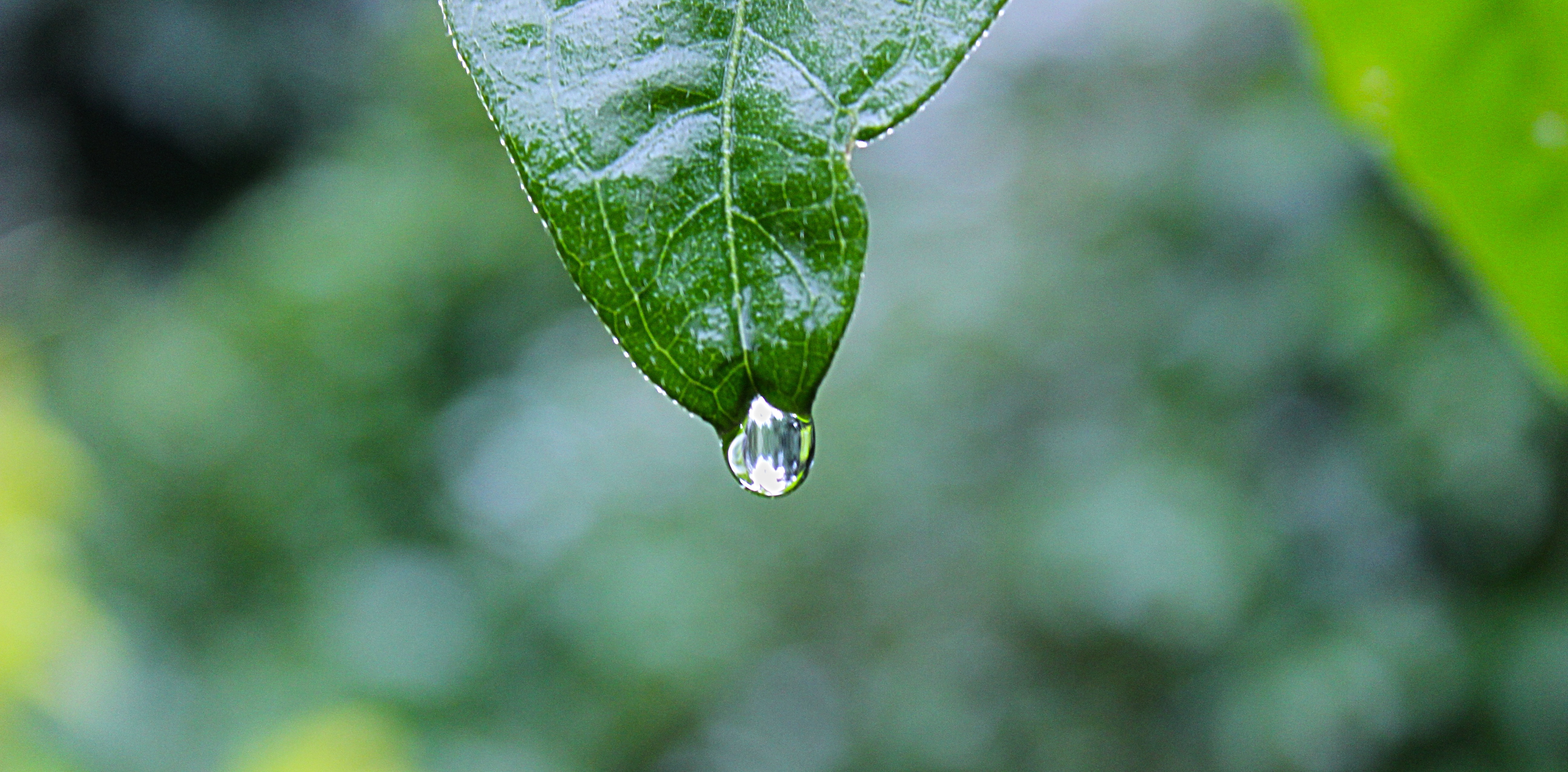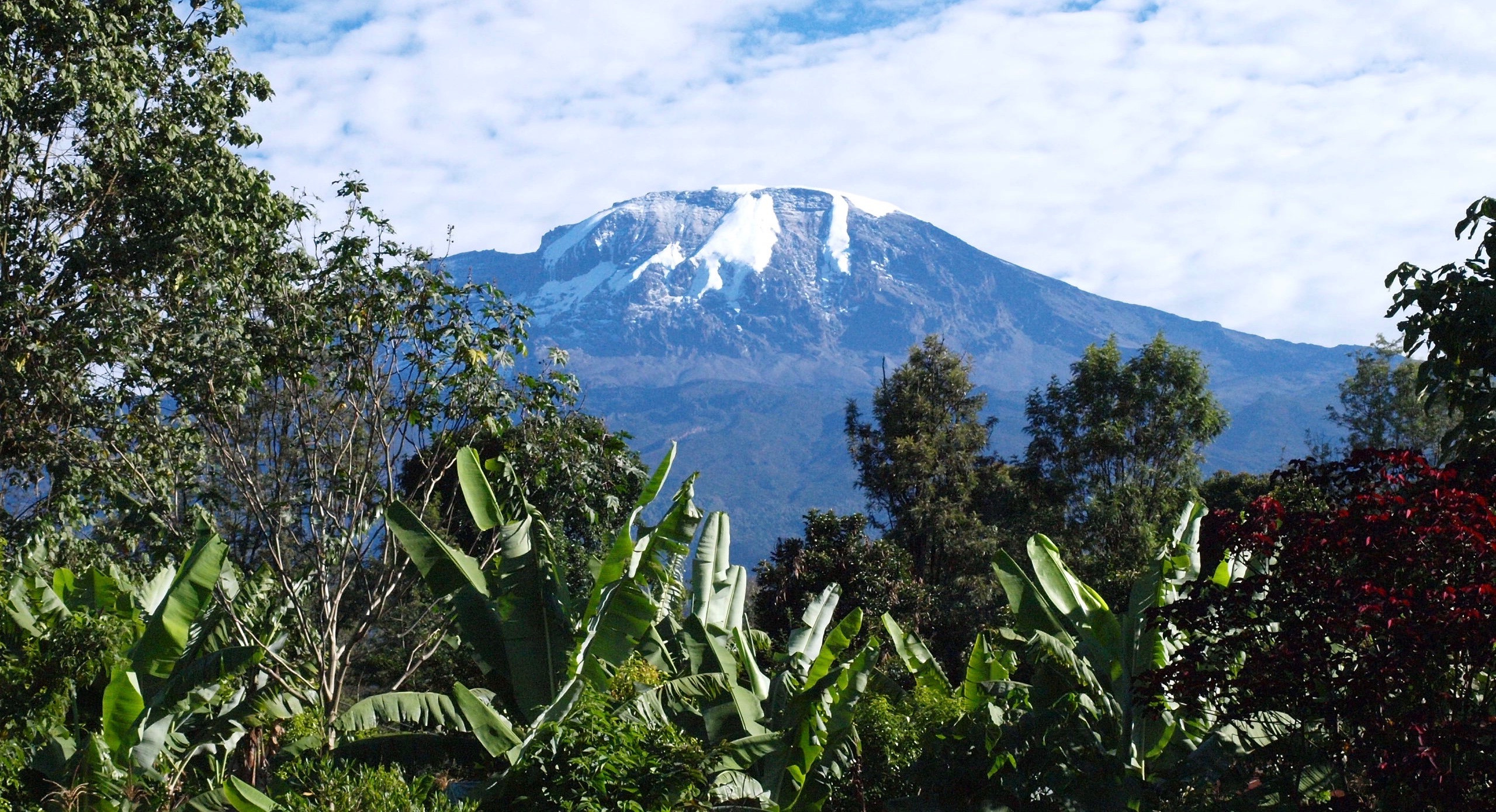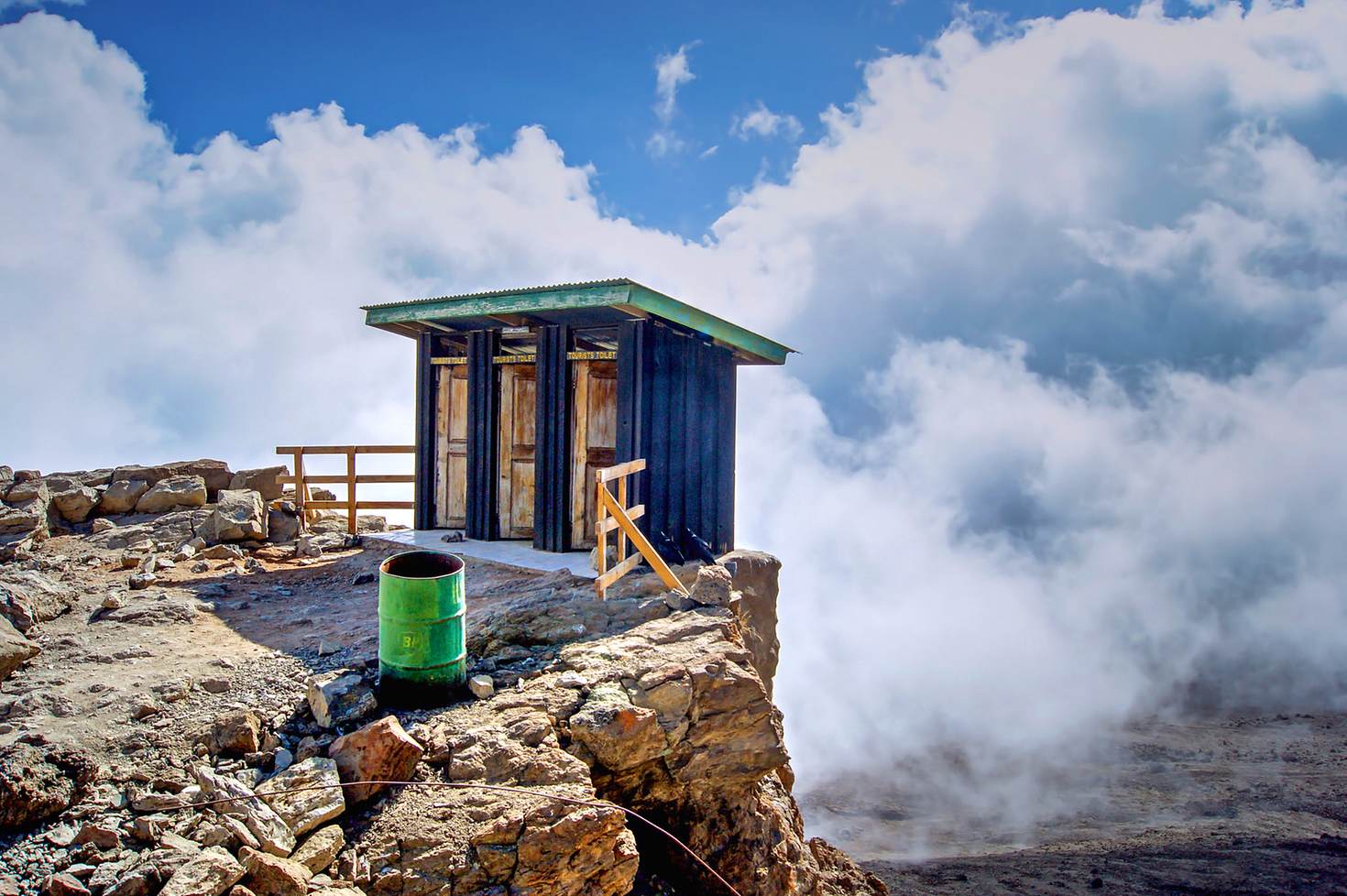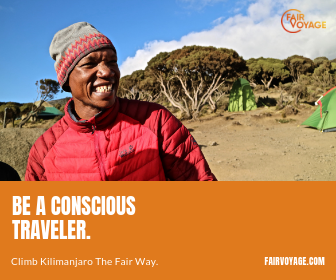Responsibility is a virtue that we must uphold everywhere we go in whatever we do. Sadly, many people do not consider it a thing especially if they have given out their money for any product or service.
When you visit Kilimanjaro or Kili as some prefer calling this African tallest mountain, you should observe some degree of responsibility. There are many reasons why you should. Perhaps, what the mountain means to the locals and to the entire Eastern African community should come to the fore.
Mt. Kilimanjaro is considered one of their richest heritages, in fact not only in East Africa but by the entire African continent. Before we talk about how you should act responsibly when you are touring Kili, let us briefly discuss the importance of Mt. Kilimanjaro to the local community.
Spiritual heaven
Since time immemorial, the Chaga or Chagga, the Bantu speaking people and third largest group among Tanzanian ethnic groups, have stayed on the slopes of Mt. Kili. To them, the mountain is a sacred place where their god resides.
Although a majority of the Chaga community are Christians, there are a few who to date believe that Ruwa, the community’s chief deity, resides on the top of Mt. Kilimanjaro. This makes the mountain and precisely the area where they believe Ruwa stays sacred.
In fact, to this day, some parts of the high forest have old shrines that are made of masale (considered a sacred plant among community members).
This being a sacred mountain, you are encouraged to treat it as such and do everything you can to keep it in its pristine state.
However, Kilimanjaro is not only of spiritual importance to the local community. Even more importantly, it is their source of livelihood and a major source of income for the people living in the area and the country at large.
Source of livelihood
Kilimanjaro is the major source of water for people who live on the shores of the mountain. This is through rivers that have their source on Kilimanjaro, as well as so-called orographic rainfall that is produced by the mountain for the better part of the year.

Kilimanjaro is an important source of water
Kilimanjaro also is a major source of tourist revenues and foreign currency to the surrounding communities and to the government at large. It provides employment opportunities for people living in the area and elsewhere in Tanzania as tourists often visit other parts of the country after climbing Kilimanjaro.
Of course, there are many more reasons why Kilimanjaro is of importance and a source of pride to the local community and Tanzania. It not only is the tallest mountain in Africa, but the numerous animal species and plants in the Kilimanjaro National Park also are a symbol of national biodiversity.
With the importance of Kilimanjaro in mind, let us now look at what it means to be a responsible Kilimanjaro tourist and what each of us can do to show our respect for the discussed local and regional values. Consider these few examples:
1. Respect the local people
Tanzanians are down to earth people: very welcoming. Maybe you’ve noticed this if you have already visited their country.
Because of their profound humility, it is prudent that you reciprocate. In order to do that, it is not bad to exchange greetings with the locals who are very happy to show you around even if uninvited.
Learning a few Swahili words like “jambo” (“hello”), “asante” (“thank you”), and the like will not only encourage the locals but also give you a sense of joy.
2. Tip for services received
Granted, when you took a flight to Tanzania, you are on a defined budget. A good budget, however, takes care of miscellaneous such as tips.
Every one loves presents that are given out of a cheerful heart. Give a tip if you receive a service because it encourages the service provider.
For Kilimanjaro climbs, in particular, tipping is an integral part of each tour and expected of each tourist. Your mountain crew, in particular your porters, rely on your tips in order to complement their mostly insufficient base pay and achieve a fair total compensation.
Even if you are unsatisfied with the performance of your guides or tour operator, make sure that the poorest of all, who most likely have worked hard and had no contribution to your dissatisfaction, do not get punished and receive their due pay.

Tip for services received
3. Do not leave rubbish on the mountain
Kilimanjaro is a designated National Park, and it is every climber’s responsibility to leave no trace in order to preserve its pristine beauty for future climbers.
Leave no trace means not to litter or leave any rubbish behind. There are no official rubbish bins on the mountain, and all tour operators are required to carry all litter back down.
This should be a relatively easy thing to manage as a tourist. Just bring a small waste bag where you can store your leftovers during the day. Once you reach your next camp, you can then empty your bag into a communal waste bag usually provided by your tour operator.
Should you have opted for a mostly self-supported climb, you will have to carry all leftover back down the mountain outside of the park gate.
Considering the high altitude, please note that even organic materials that you might find OK to leave behind in your local forest will not decompose on Mount Kilimanjaro. This brings us to the next topic—toilet etiquette.
4. Use common sense when you need a toilet
Whenever possible, you are required to use toilet facilities provided by the park or your tour operator. This is less of an issue for urination, more so for defecation.
While hiking, when you do not have access to any toilet facilities, being a responsible tourist also means not to leave toilet paper behind. It won’t rot and will spoil the sight for everyone coming after you. A good practice might be to use wet wipes instead of toilet paper, which you can store in your own waste bag until you can empty it into your designated communal waste bag at the next camp.
5. Seek the services of a responsible tour operator
Every country with tourist attraction sites knows that clients need tour services. In order to fill that need, many private companies run to set up tour operations. While many tour operators employ qualified staff, provide them with professional training, and treat their staff fairly, the majority of companies unfortunately do not meet the threshold.
It is often the porters who do all the heavy lifting that are most exposed to exploitation and the dangers of the mountain if their employer does not act responsibly.
It is on this note that you should look for responsible tour operators who understand what is required for Kili tours. This means that they have expert guides who will be able to fully support your climb and watch out for your safety. It also means that they are able to demonstrate their commitment to fair porter treatment and offer ethical climbs.
Verdict
You are definitely not the first one to set foot on the shores and at the peak of Mt. Kilimanjaro. Besides, you may not be able to make it to the top due to some unavoidable reasons such as unforeseen changes in weather, accidents or sickness.
Nevertheless, you can have a big impact and create a positive experience for yourself, your fellow climbers as well as many more future Kili tourists to come. It is also up to you to treat the local people with respect, which will be shown in the way you approach them directly, by leaving their natural treasure in its pristine state, and by engaging the services of a responsible tour operator who provides them with fair employment opportunities.
No matter how far you will travel towards the peak of this tallest African mountain, be sure to exercise responsible tourism.
Get your custom offer for an ethical climb by a verified responsible tour operator now on Fair Voyage.









Leave a Reply